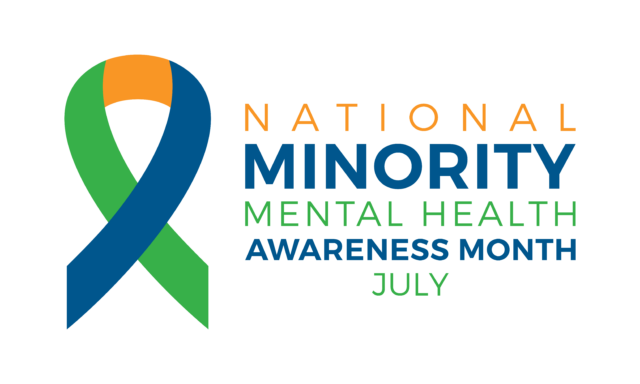
July is National Minority Mental Health Awareness Month, and this year, Econometrica is highlighting the intersection between minority mental health and housing stability.
Housing Insecurities
Studies have shown that while housing security contributes to better health and economic stability, housing insecurity is often associated with increased stress and anxiety, exposure to environmental hazards, and lack of access to food and other resources. As a result, housing insecurity has been found to increase a person’s risk for many mental health issues, including depression, suicide, and behavioral issues.
There are also significant racial disparities in housing insecurity, with Black, Hispanic, and other minority households more likely to be housing insecure than White households. Many of the States with the highest rates of housing insecurity—including Mississippi, Louisiana, Texas, and New York—have large minority populations. These disparities have been further exacerbated by the COVID-19 pandemic, during which housing insecurity has risen more dramatically for minority renters than their White counterparts.
These disparities in housing insecurity likely contribute to disparities in mental health outcomes, as housing insecurity intensifies mental ailments among those who are most impacted. Econometrica welcomes any opportunity to assist HUD and other organizations that are supporting minority mental health through secure housing options.
To learn more, visit the following resources:
- https://www.huduser.gov/portal/pdredge/pdr-edge-trending-053122.html
- https://cepr.net/report/housing-insecurity-by-race-and-place-during-the-pandemic/
- https://www.psychiatry.org/File%20Library/Psychiatrists/Cultural-Competency/Mental-Health-Disparities/Mental-Health-Facts-for-Diverse-Populations.pdf
Work With Us, Work for Us
Econometrica specializes in research and management across numerous industries in both the public and private sectors. We are always looking to hire the best and brightest in data science, health, grants management, energy, homeland security, housing and community development, capital markets and finance, and transportation. We work as the lead service provider, and also as a capable outsource partner to other consultancies. To work with us on your next project, visit us online and email a member of our executive staff in your preferred specialty. To explore the benefits of working for us, visit our careers page.
